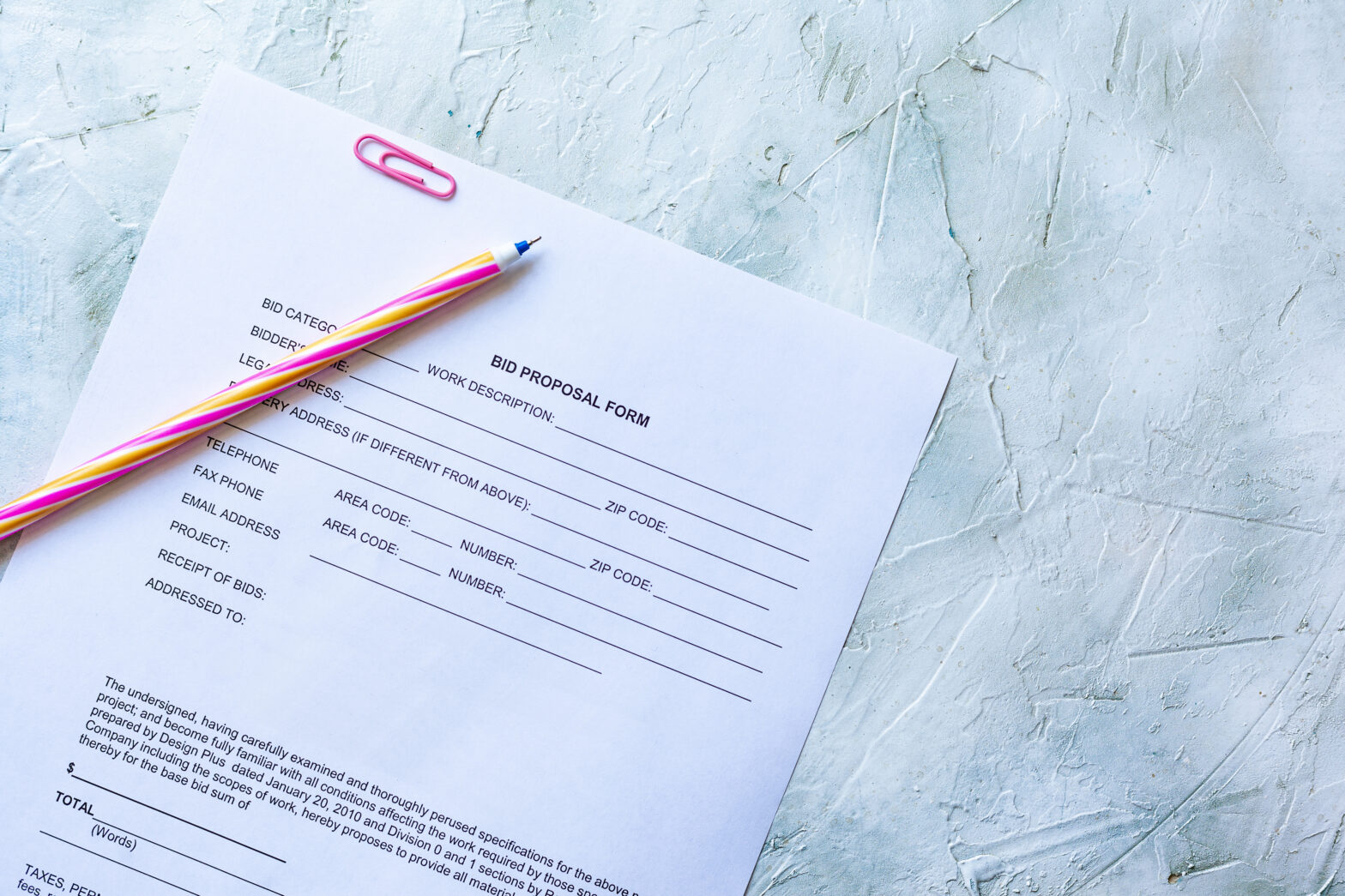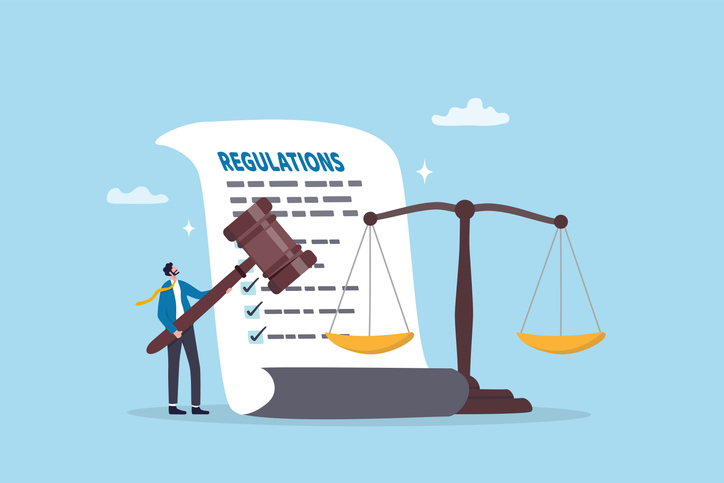The 2015/2016 statistics from the UK Health and Safety Executive are in and show there were 488,000 cases of stress last year, equating to a staggering 11.7 million working days lost.
Stress remains an epidemic in the business world, hitting bottom lines hard and affecting both happiness and career progression. Yet we can all deal more effectively with stress by approaching it more mindfully, consciously and optimistically.
Let’s start with a little experiment.
Without thinking about it, what comes to mind when you consider the word stress? Do you see visions of newspaper headlines such as ‘New study warns workplace stress is killing you!’ or ‘Stress increases the risk of heart disease!’.
Or do you recall current stressors like the moving forward of a deadline, looming performance review or an evening presentation?
Certainly, the majority of messages we receive on stress, and the spontaneous thoughts that arise when we consider it, are negative, fearful, compassionless, and anxiety-inducing. But there is a more conscious and mindful formulation; a way to approach stress with a little more balance, ingenuity and clarity.
Firstly, we need to define stress. My favourite is that of Stanford health psychologist Kelly McGonigal who says ‘Stress is what arises when something you care about is at stake’.
This is a beautiful reframing of the usual idea that stress is the unhealthy physical or mental pressure felt when we have to do things, or put up with things, that are hard or we don’t like.
If stress only arises when something we care about is at stake, it immediately challenges the notion that the aim of stress-management is to reduce or eliminate stress. Because, of course, if we were to succeed at this we would also have to eliminate everything that we care about. It follows that the real opposite of stress isn’t relaxation but apathy. Think about it. Do you really want a stress-free life?
Whilst clarifying our definitions let’s also think about all the negative things in life that we lump collectively under the label of stress.
Try this exercise. Divide a piece of paper into four quadrants and label them with the headings below. Now populate the quadrants with everything in your life that you consider to be stressful.
Trauma
Eg death of a loved one, end of a relationship, major illness etc.
Stressors of daily living
Eg minor illness, work deadline, low level relationship discord etc.
Activities of daily living
Eg laundry, washing up, cooking, paying bills etc.
Irritants
Eg poor service at a restaurant, a rude receptionist, a blister on your heel.
I hope you can see that not all stressors are created equal. When dealing with traumas we absolutely need time and support to process, grieve, and heal, but if you are getting worked up about irritants, mindfulness can teach you to simply let these go.
It’s even more important to develop a healthy approach to category two and three stressors. Findings published in the Journal of Behavioral Medicine reveal that these daily hassles are a more accurate predictor of stress-related problems such as anxiety and depression than the absence or presence of major traumas.
Data from the ‘Daily Hassles and Uplifts Scale Stress Research Survey’ also shows that when people view their daily activities as irritations, they find their lives more stressful overall.
If this is you, consider whether you can bring acceptance and ‘presence’ to these tasks. Remember, the ability to remain present to a task at hand is an indicator of both performance and happiness.
As we have seen, your mindset is very important to how you will experience or react to stress in your life. Research shows that your mindset is also a predictor of how damaging stress will be to your physical and mental health.
This finding comes from a fascinating study titled ‘Does the perception that stress affects health matter? The association with health and mortality’, published in 2012. It examined data from the US National Health Interview Survey of 1998 and compared it to data from the National Death Index in 2006. It concluded that both higher levels of reported stress and the perception that stress affects health were independently associated with an increased likelihood of worse health and mental health outcomes.
In other words, if you think your stress is killing you, it actually is more likely to than if you think your stress is healthy and manageable!
Armed with these definitions and research findings here is my Conscious Guide to Stress.
1) Be aware
Start by noticing what your personal physical and mental signs of stress are . Reaching for chocolate, caffeine, your phone, cigarettes or withdrawing from connection are just a few. Categorise your current stressors using the quadrant method frequently to retain perspective and seek support early when you need it.
2) Aim for balance
Work out which activities spend your energy and which restore it. Exercise, holidays, yoga, meditation, deep sleep, time in nature, all might be on your ‘restore’ list. Ensure you have enough restorative time to balance all the spend.
3) Be positive
If you are in a period of high stress, take adequate steps to support yourself through it and tell yourself you are well-equipped for this challenge and that you can meet it. Keep your energy and outlook positive.
4) Be realistic
As pressure increases, performance does too, but there is a point when you are overly stretched and performance quickly drops. No amount of positive thinking is going to get you through and excessive strain can only lead to deterioration of both performance and wellbeing. If this is where you are, a wholesale rebalancing needs to take place. Do it now, don’t wait.
Neil Seligman is the founder and director of The Conscious Professional.





